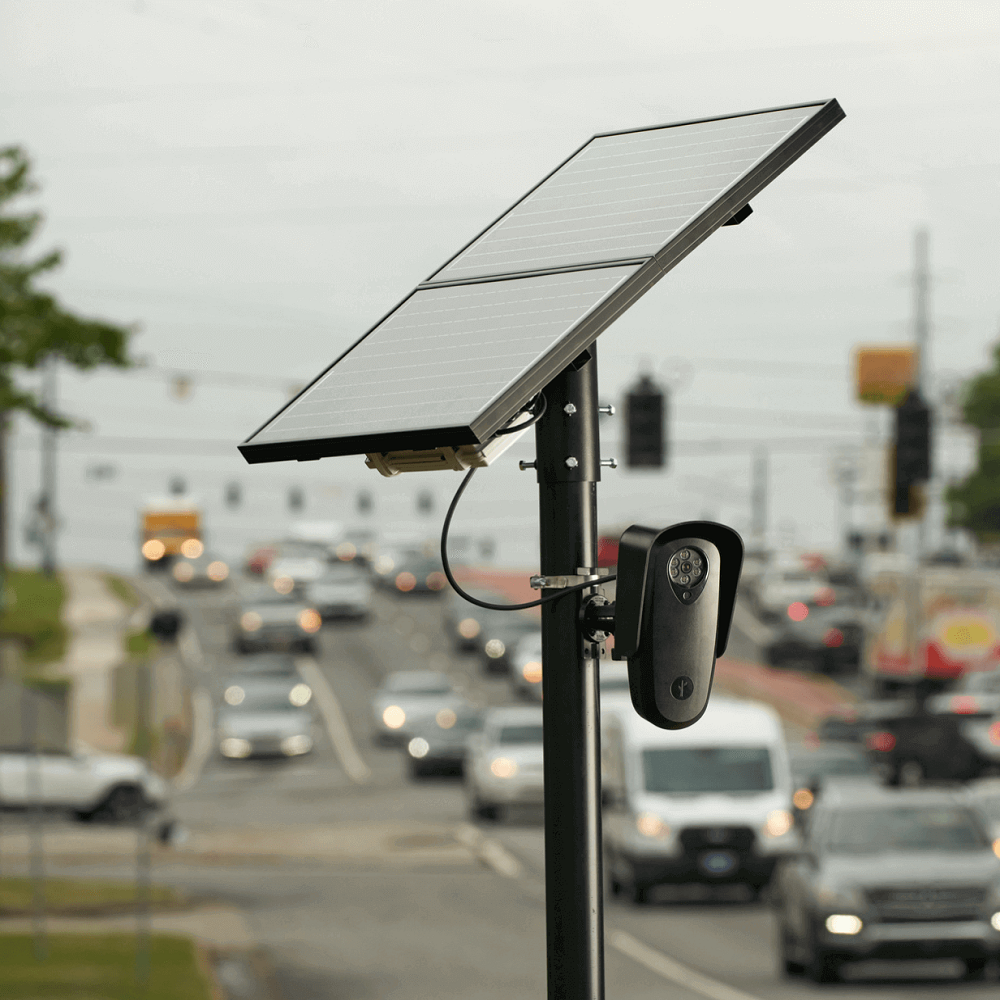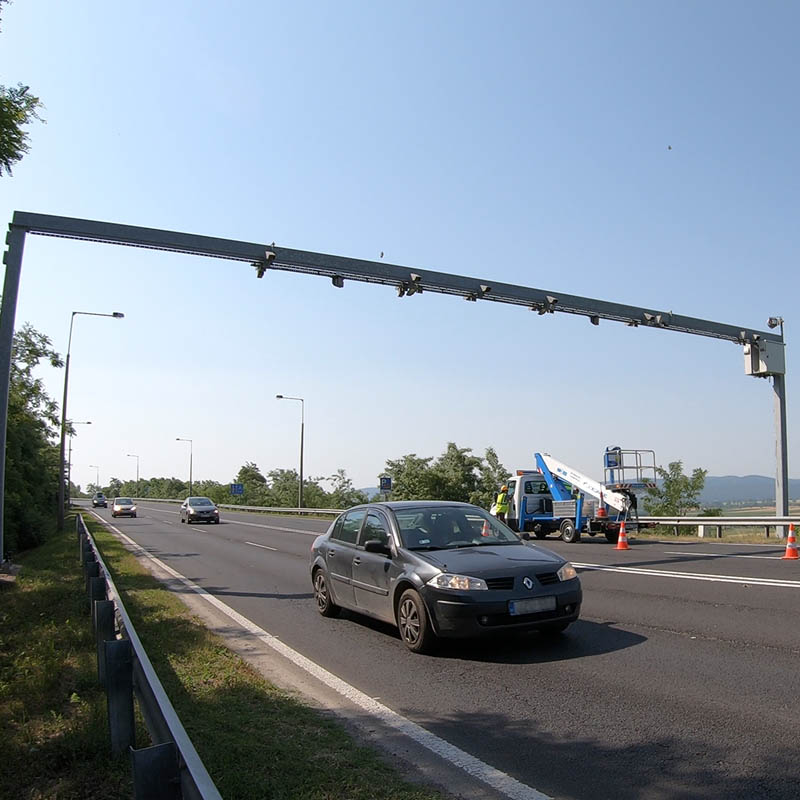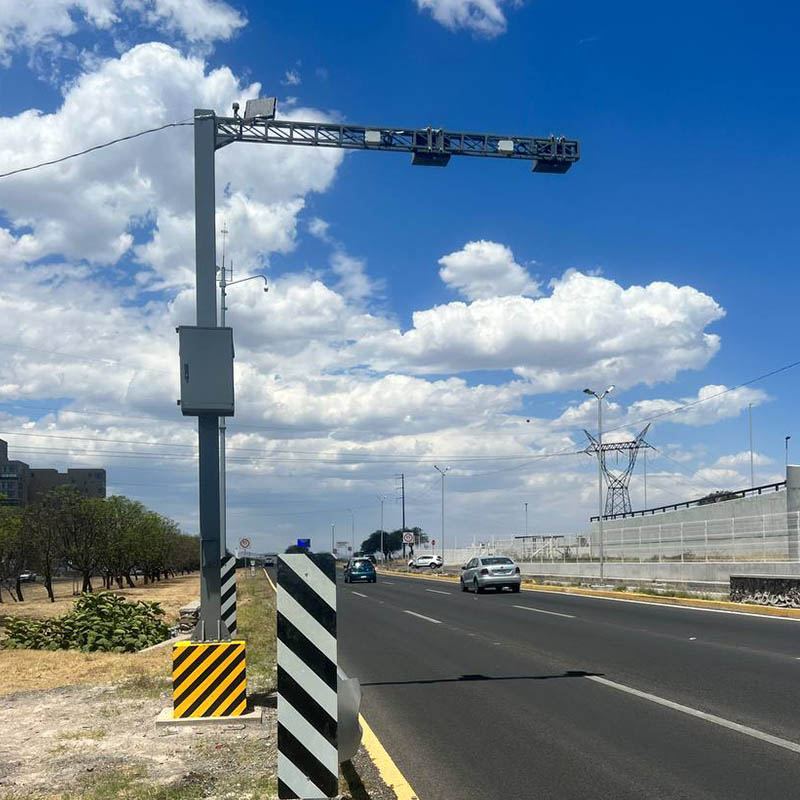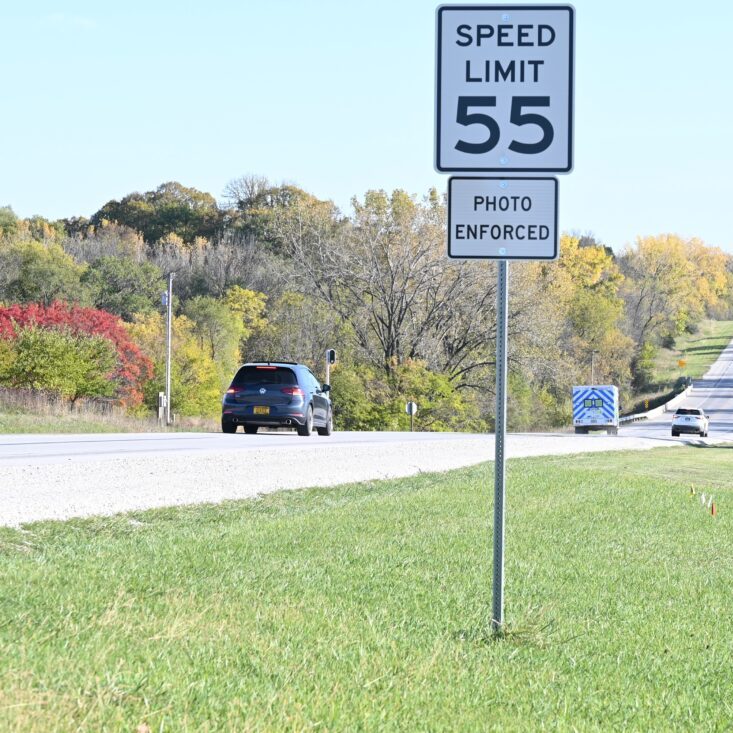Speed cameras serve as a crucial component of road safety measures, helping to deter speeding and reduce accidents. While their primary purpose is to keep the roads safer, many drivers find themselves receiving tickets after being caught by these cameras. The reality is that an unexpected ticket can lead to frustration, increased insurance rates, and even points on your driving record. Fortunately, there are several practical strategies that you can implement to minimize your chances of receiving a speed camera ticket while promoting safe driving practices. This article covers essential tips and techniques for avoiding speed camera and maintaining a safe driving environment.
Understand Speed Camera Locations
Research Common Areas for Speed Cameras
One of the most effective ways to avoid speed camera tickets is to familiarize yourself with common locations where these cameras might be deployed. Many cities and towns publish data regarding speed camera placement, often indicating areas with a history of speeding violations or high accident rates. By knowing where these cameras are typically found, you can adjust your driving behavior accordingly.
You can also utilize apps and websites that provide real-time information about speed traps and camera locations. These resources can give you a better understanding of the areas to watch carefully, especially if you frequently drive through specific routes. Understanding potential speed camera zones can significantly help you stay alert and avoid potential pitfalls.
Pay Attention to Road Signs
Always look out for warning signs that indicate speed enforcement in the area. Many jurisdictions post signs ahead of speed cameras to inform drivers that they need to reduce their speed. These signs are often strategically placed to give you adequate time to adjust your speed before passing a camera. If you see these signs, take them seriously and adjust your driving accordingly. Ignoring them may lead you straight into a fine.
Additionally, be mindful of school zones, construction areas, and high-traffic regions, often monitored more closely for speed violations. Slowing down in these areas not only helps you avoid tickets but also promotes overall safety for pedestrians and other road users.

Stay Informed About Speed Limits
Know the Limitations
Speed limits can vary significantly between different roads, neighborhoods, and states. It’s vital to familiarize yourself with the speed limits in the areas where you regularly drive. Residential areas tend to have lower speed limits than highways, making it essential to pay attention to posted signs. Regularly scanning for changes in speed limits can make you more aware of the regulations that apply as you travel.
Adjust for Conditions
Driving conditions also play a critical role in determining optimal driving speeds. Inclement weather, heavy traffic, and road construction can necessitate slower speeds, even if you’re driving in a zone where the speed limit allows for a higher velocity. Always adjust your speed for the prevailing conditions, and remember that safety should be your priority above all else.
Being informed about speed limits and adapting your driving behavior accordingly can help you avoid unwarranted speed camera tickets. Take the time to understand local regulations and the unique characteristics of the roads you frequent.
Use Technology Wisely
Install a GPS or Speed Alert System
While traditional navigation systems offer turn-by-turn directions, modern GPS devices and mobile apps can provide valuable data about speed limits and potential speed cameras along your route. Investing in a reliable GPS system that has features like speed limit alerts can help keep you informed while driving. The alerts will prompt you to slow down whenever you exceed the speed limit, helping you remain compliant while on the road.
Several smartphone applications exist to provide real-time updates about speed limits and camera alerts. By keeping your device updated with the latest information, you can minimize your risks and maintain a responsible driving habit.
Consider Radar Detectors
Using radar detectors can provide an extra layer of protection against speed camera tickets. These devices detect the radio signals used by police radar to monitor vehicle speeds. Although using radar detectors is legal in many places, check local laws to ensure compliance, as regulations can vary by jurisdiction. Be aware that while detectors can alert you to existing speed traps, they may not catch every camera. Therefore, they should complement good driving habits rather than replace them.

Maintain a Safe Driving Habits
Follow the Rules of the Road
Establishing safe driving habits is a fundamental way to avoid speed camera tickets. Adhering to speed limits and practicing defensive driving techniques can significantly reduce your chances of speeding violations. Drive at a consistent speed, avoid sudden acceleration, and maintain a safe distance from other vehicles. Aggressive driving behaviors, such as weaving in and out of lanes, can lead to temptation to speed and increase your likelihood of detection.
Furthermore, always signal your intentions while turning or changing lanes. Demonstrating courtesy and responsibility on the road will not only help you avoid tickets but also make you a safer driver overall.
Stay Focused and Avoid Distractions
Driving requires your full attention. Distractions, such as texting, talking on the phone, or adjusting the radio, can divert your focus from the road. When your attention shifts, you become less aware of your speed and surroundings, increasing the chance of receiving a speeding ticket. Stay focused on the driving task at hand, and consider setting your phone to “Do Not Disturb” mode while on the road.
If you’re feeling fatigued or distracted, consider pulling over safely and taking a short break. This pause will allow you to regroup and enhance your focus, enabling you to drive safely and responsibly.
Plan Your Routes Thoughtfully
Consider Alternate Paths
Planning your routes in advance can eliminate stress and reduce the likelihood of rushing, which often leads to speeding. If you’re aware of areas with frequent speed cameras or heavy traffic zones, consider alternate routes that may take a little longer but offer a smoother experience. By avoiding high-risk areas, you can maintain a consistent and safe speed, improving your chances of avoiding speed camera tickets.
Use Real-Time Traffic Updates
Real-time traffic apps provide live traffic condition updates that can help you avoid congestion and potential delays. Apps like Waze not only alert users to heavy traffic but also share information about speed traps and cameras in your vicinity. Utilizing these resources can improve your driving strategy, helping you arrive at your destination safely and with fewer obstacles.

Be Mindful of Your Driving Behavior
Avoiding Last-Minute Braking
Last-minute braking usually indicates an awareness of speeding and can be a telltale sign for speed cameras to capture your vehicle. If you suddenly notice a speed camera up ahead and slam on the brakes, it stands out and may draw attention, leading to potential penalties. Instead, focus on maintaining a steady speed and anticipate changes in the road environment. Keeping a consistent pace signals to law enforcement that you are a responsible driver.
Keep Track of Your Speed
Maintaining a close watch on your speed can significantly reduce your chances of receiving a ticket. Regularly glance at your speedometer to ensure compliance with the speed limit. Many vehicles come equipped with cruise control, which can be helpful for long drives. Activating cruise control allows you to set a specific speed, preventing the temptation to speed up unintentionally, especially on highways.
Implementing these strategies will help you manage your speed effectively, keeping you safe and ticket-free.
Know Your Rights and Options
Understanding Ticket Regulations
If you do happen to receive a speed camera ticket, it’s essential to understand your rights and the regulations governing tickets in your jurisdiction. Familiarize yourself with the appeals process and deadlines for contesting a ticket. Some jurisdictions allow drivers to challenge tickets if they believe they were unjustly issued. Understanding your options will empower you to respond appropriately to unwanted tickets.
Staying Informed About Changes in Laws
Traffic laws and regulations vary from state to state and can change over time. Staying informed about local laws and any updates can minimize misunderstandings that lead to tickets. If you notice any changes in local traffic laws concerning speed limits or speed camera placements, you can adjust your driving practices accordingly. This knowledge can make a significant difference in how you approach driving in the future.
Conclusion
Avoiding speed camera tickets requires a combination of knowledge, awareness, and responsible driving. By understanding speed limits, familiarizing yourself with speed camera locations, and implementing smart driving strategies, you can significantly reduce the likelihood of receiving a ticket. Emphasizing safe driving habits, utilizing technology, and being mindful of your behavior on the road will enhance not only your chances of avoiding tickets but also your overall driving experience.
Remember that the goal of speed cameras is to promote safety, and by adhering to the rules of the road, you contribute positively to a safer driving environment for everyone. Embrace these tips not merely as a way to avoid tickets, but as essential practices for becoming a better, safer driver on the roads.
